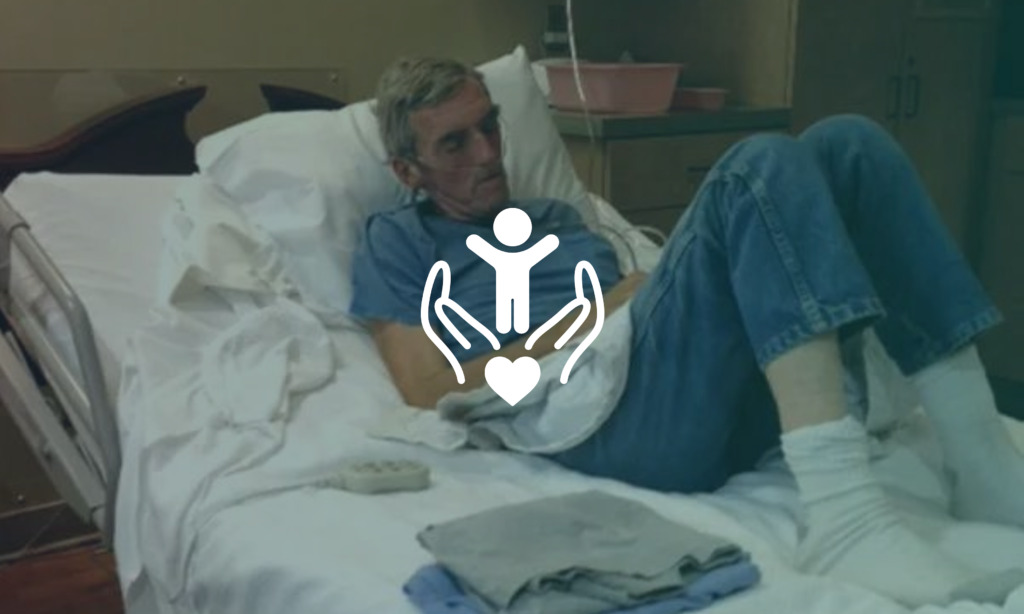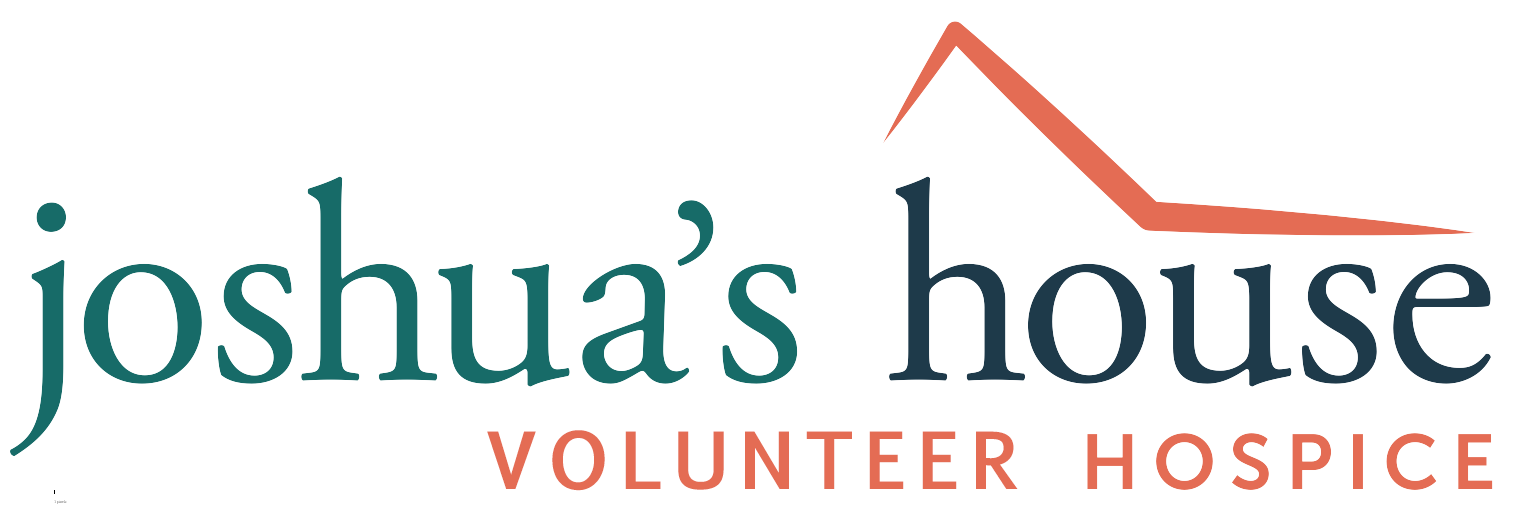
by Marlene Fitzwater
There is no question that our city is confronted with a homeless crisis. There are several reasons for this crisis – the increasing cost of living in Sacramento versus stagnant wages and salaries; increasing mental health issues partly as the result of a nation-wide COVID pandemic; and a serious addiction problem.
This has resulted in businesses and housed individuals growing more and more frustrated with having to deal with debris, encampments and human waste on sidewalks in front of their dwellings. They are now threatening lawsuits against the city and several businesses have also had to close.
The Health Communication Research Institute, Inc., a local 30-year-old nonprofit with a mission to reduce health disparities, began to study the increasing homeless issue in 2014 by interviewing more than 150 unhoused individuals and conducting five focus groups with unhoused individuals. We asked about their health conditions, medical care and most worrisome fear – all, regardless of age, worried about dying alone on our streets or along our rivers . . . becoming the sickest of the sick and the poorest of the poor.
My decision to address one segment of the homeless population – those who are terminally ill – was due to the loss of a beloved grandson who was homeless at the time he died in 2014. His stories of those he had met who were homeless and seriously ill moved us both to want to provide hospice and comfort care to those who would otherwise die on the street.
We will also provide educational opportunities for nursing and medical students to enable them to better understand caring for the homeless and for those who are terminally ill – opportunities they do not typically have in their education.
While we have had continuous protests and threatening phone calls from folks who will be neighbors to Joshua’s House, we have also had strong support from soon-to-be neighbors. Here is a sample from one email:
“This is our neighborhood and we welcome the project without hesitation. In fact, we believe it presents an extraordinary opportunity to teach compassion. We propose that class field trips to visit with the (future) residents of the hospice would go a long way toward accomplishing this.
Classes might bring small comforts (like muffin baskets, quilts, warm slippers, and such). Most importantly, they could just go across the street to say “hi”, and in so doing, affirm someone’s humanity.
It’s tragic that so many assumptions are made about the unsheltered. They are the most fragile people in our society. Instead of fearing them, and judging them, how about doing a better job of including them?”
This is just a sample of the strong support that we are receiving for Joshua’s House. We are so appreciative and grateful! Now our focus is on getting Joshua’s House open!

